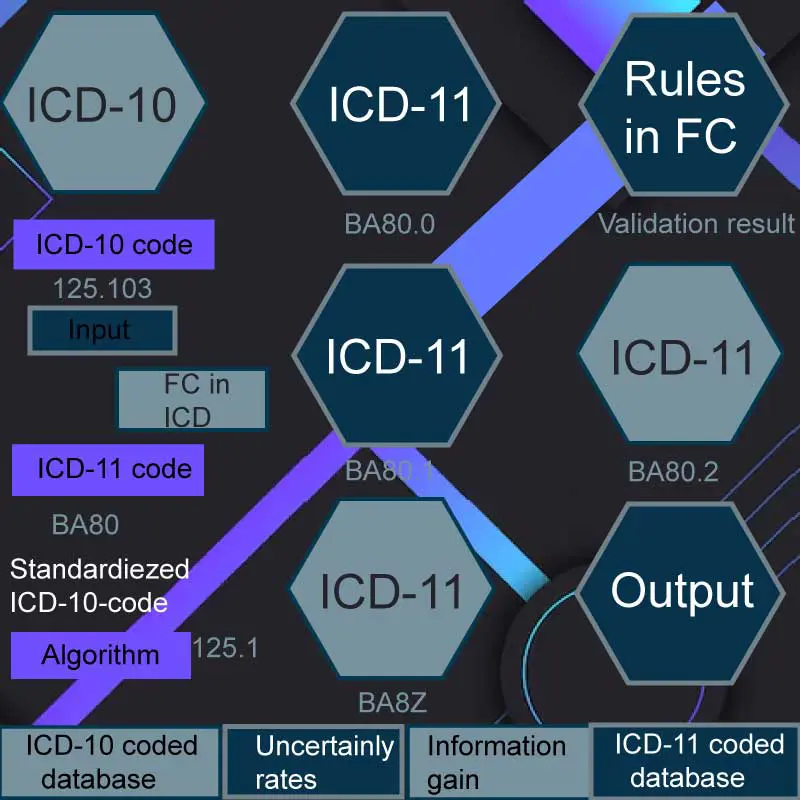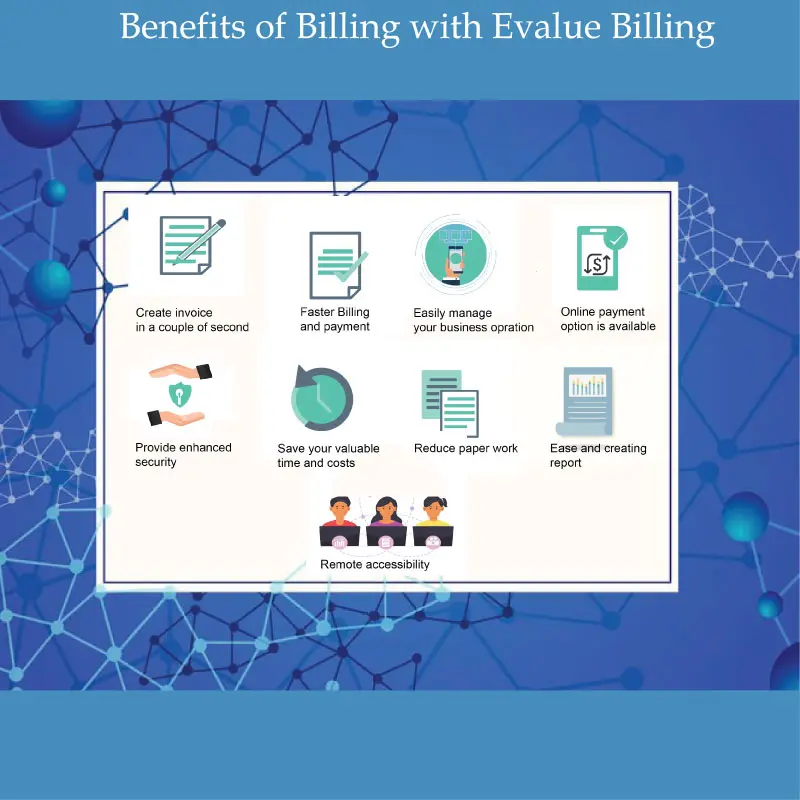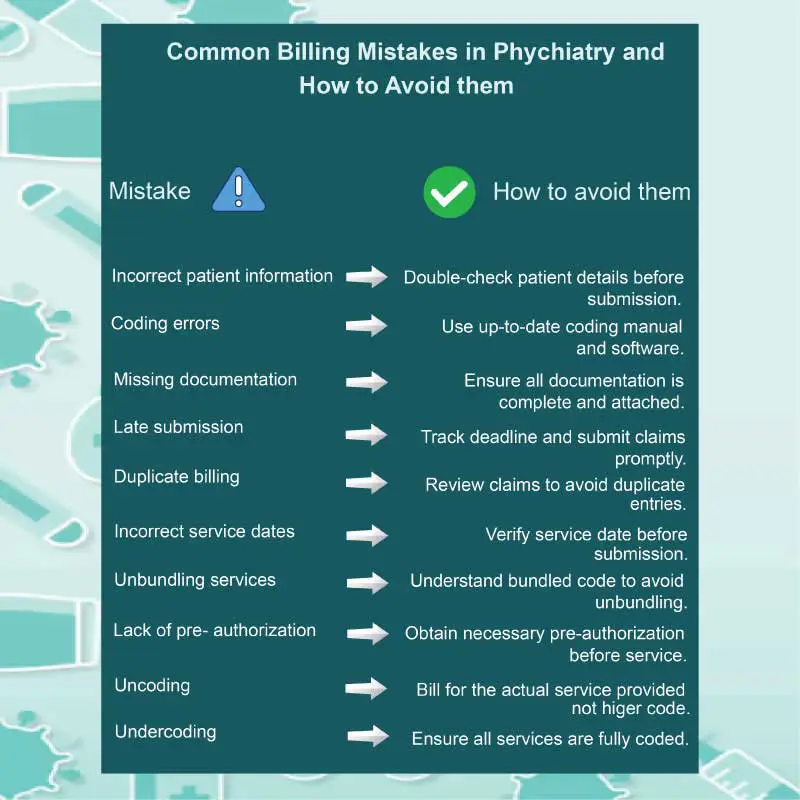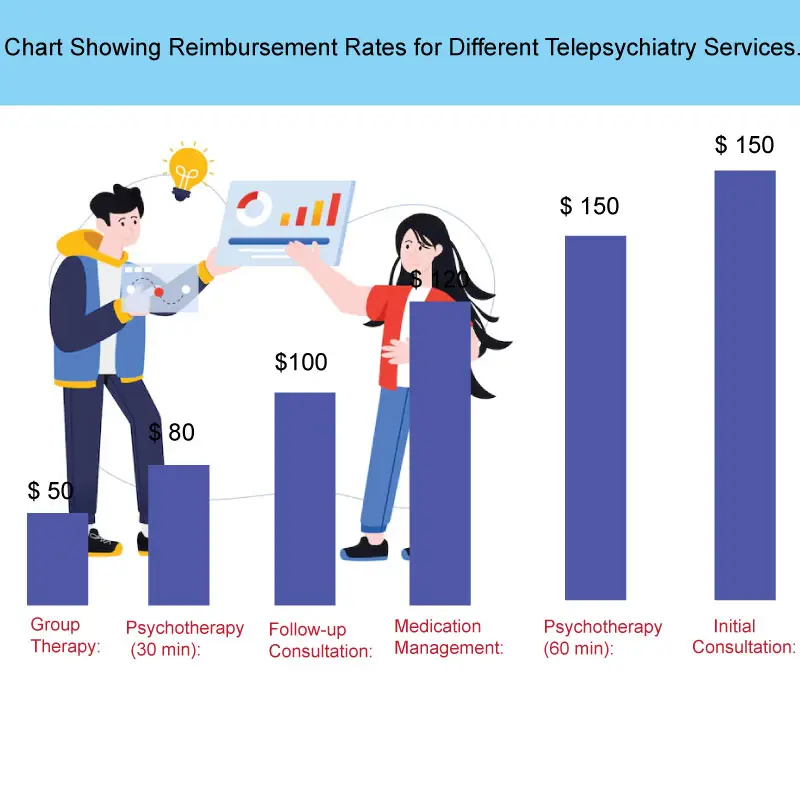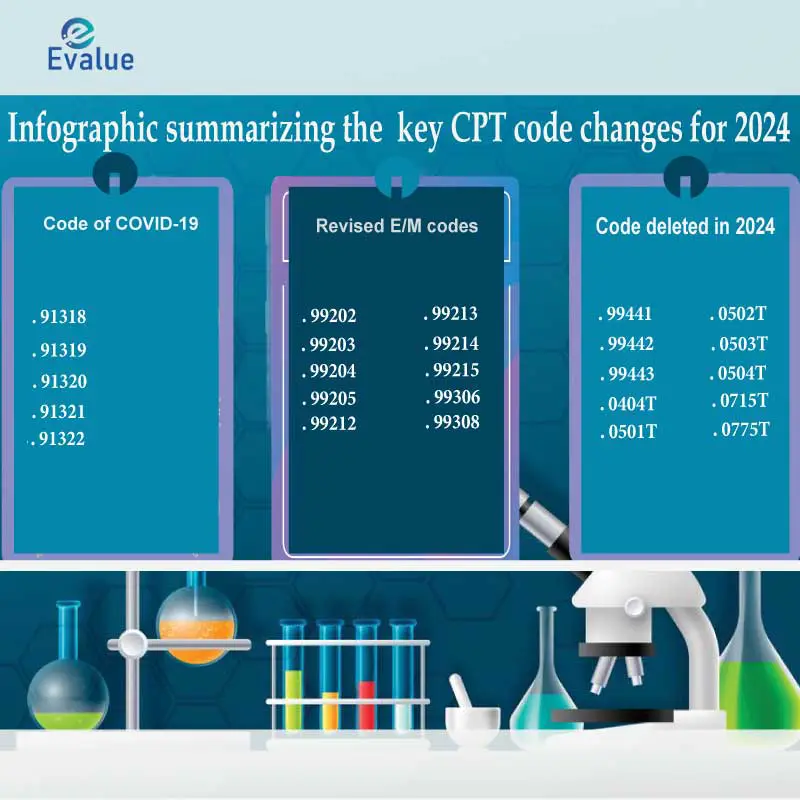The impact of ICD-11 on psychiatric diagnoses is profound. The introduction of ICD-11 marks a significant advancement in the classification of diseases, including psychiatric diagnoses. Understanding its impact on billing practices is essential for psychiatric providers.
Overview of ICD-11
ICD-11, the latest version of the International Classification of Diseases, introduces several changes to psychiatric diagnoses. These updates aim to improve diagnostic accuracy and reflect contemporary understanding of mental health conditions.
Key Changes in ICD-11
New Diagnoses: ICD-11 includes new diagnoses such as Complex PTSD, reflecting advancements in psychiatric research.
Revised Criteria: Many existing diagnoses have revised criteria, offering more precise definitions and diagnostic guidelines.
Coding Changes: The coding structure in ICD-11 has been updated to allow for more detailed reporting of psychiatric conditions.
the Impact of ICD-11 on Psychiatric billing
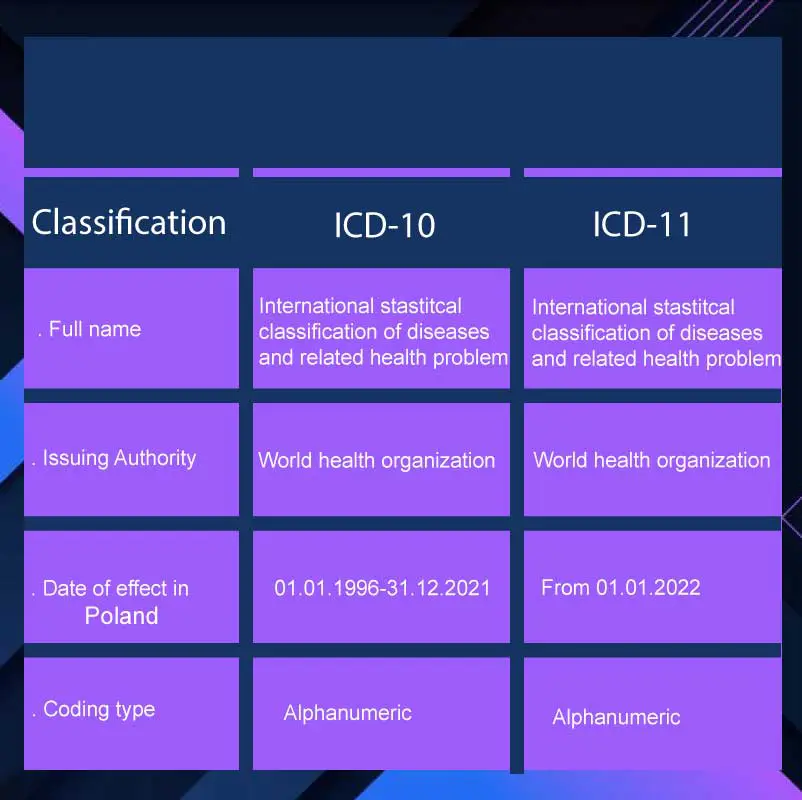
Training Needs: Clinicians and billing staff need training to understand the new diagnostic criteria and coding structure.
Software Updates: Ensure your electronic health records (EHR) and billing software are updated to incorporate ICD-11 codes.
Documentation: Enhanced documentation practices are necessary to align with the detailed criteria in ICD-11.
Benefits of ICD-11
Improved Diagnostic Precision: More accurate diagnoses can lead to better patient outcomes.
Enhanced Billing Accuracy: Detailed codes help in more precise billing and potentially higher reimbursement rates.


